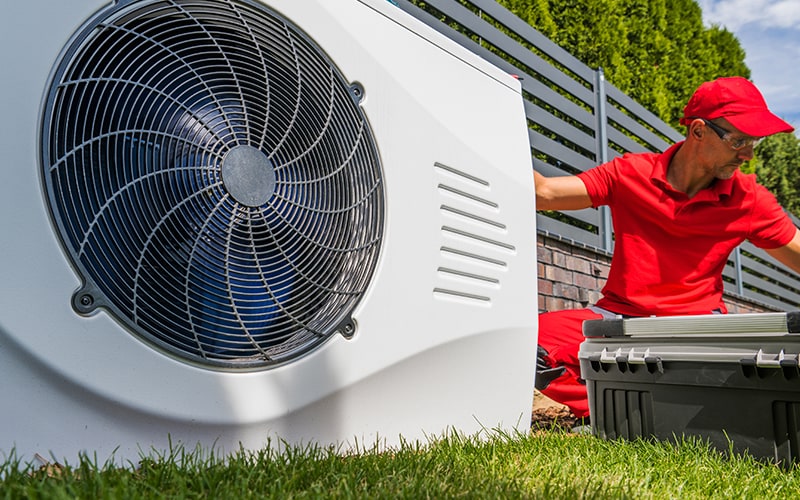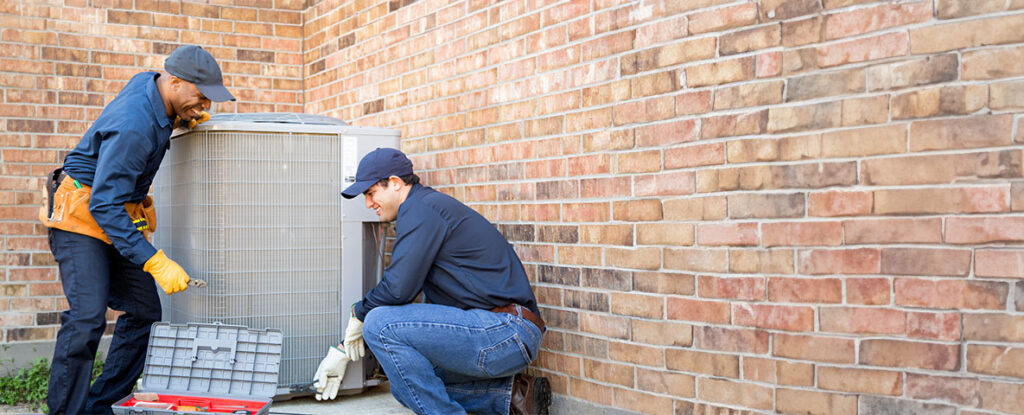Grease Traps
Plumbing Emergency?
We can help repair, maintain or replace your grease trap
Grease traps are part of a septic system, which are small-scale sewage treatment system in areas lacking connections to main sewage pipes provided by government or private corporations. Grease traps play a separate role in the system, helping the septic to work successfully.
Plumbers 911 can refer you to a contractor in your area, who is knowledgeable about grease traps.
What is a grease trap?
A grease trap is a plumbing device that cuts off fat, oils and grease (FOG) before they reach the septic tank. Large amounts of FOG can clog up a septic tank, resulting in costly repairs or the installation of a new septic tank.
Cleaning, repairing or replacing your grease trap
If your septic tank is malfunctioning, call Plumbers 911 so we can refer you to an area plumber experienced in this field.
Rest assured; our contractors will do everything they can to repair your existing septic tank’s grease trap. However, if the problem cannot be fixed, our contractors can replace your grease trap to ensure the health and safety of your family.

We have expert plumbers, who are accredited professionals throughout the United States.
Our licensed and experienced plumbers regularly attend training courses, in order to update their skillset and to make them knowledgeable on the latest techniques and technologies in the plumbing industry. Affiliated Plumbers 911 plumbers must pass a thorough background check and undergo random drug tests before working inside homes.Find a Location


